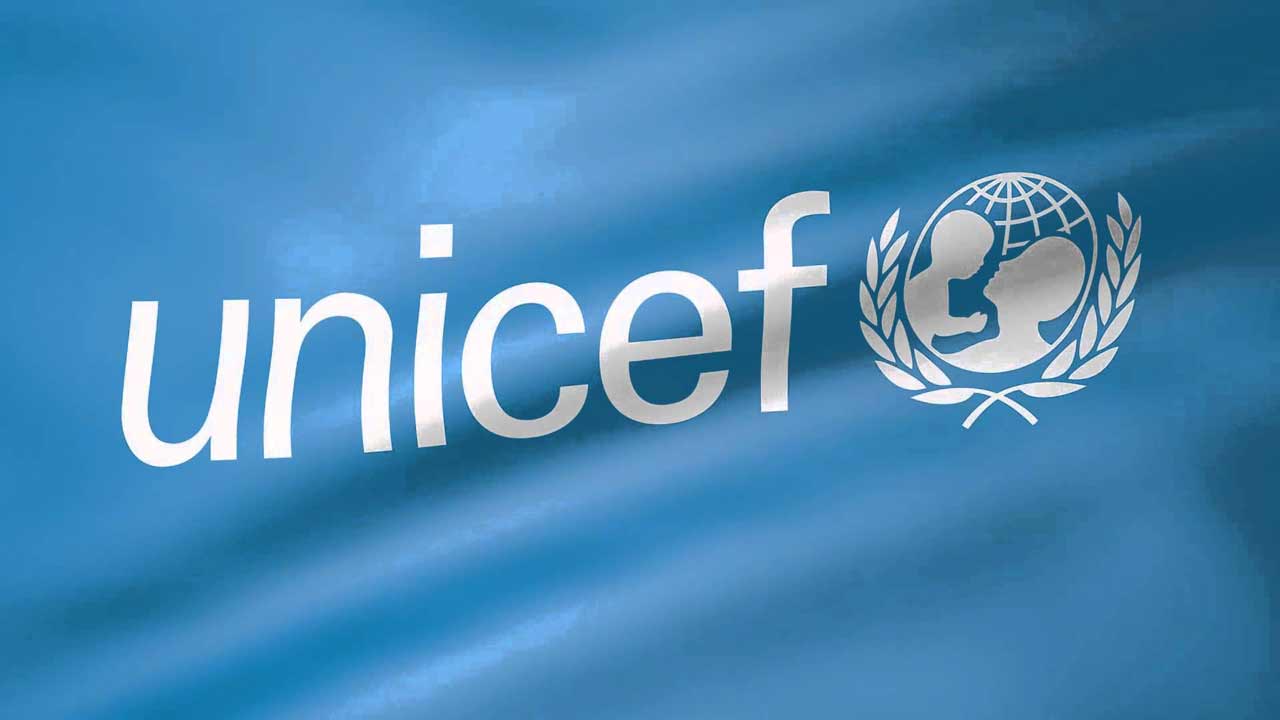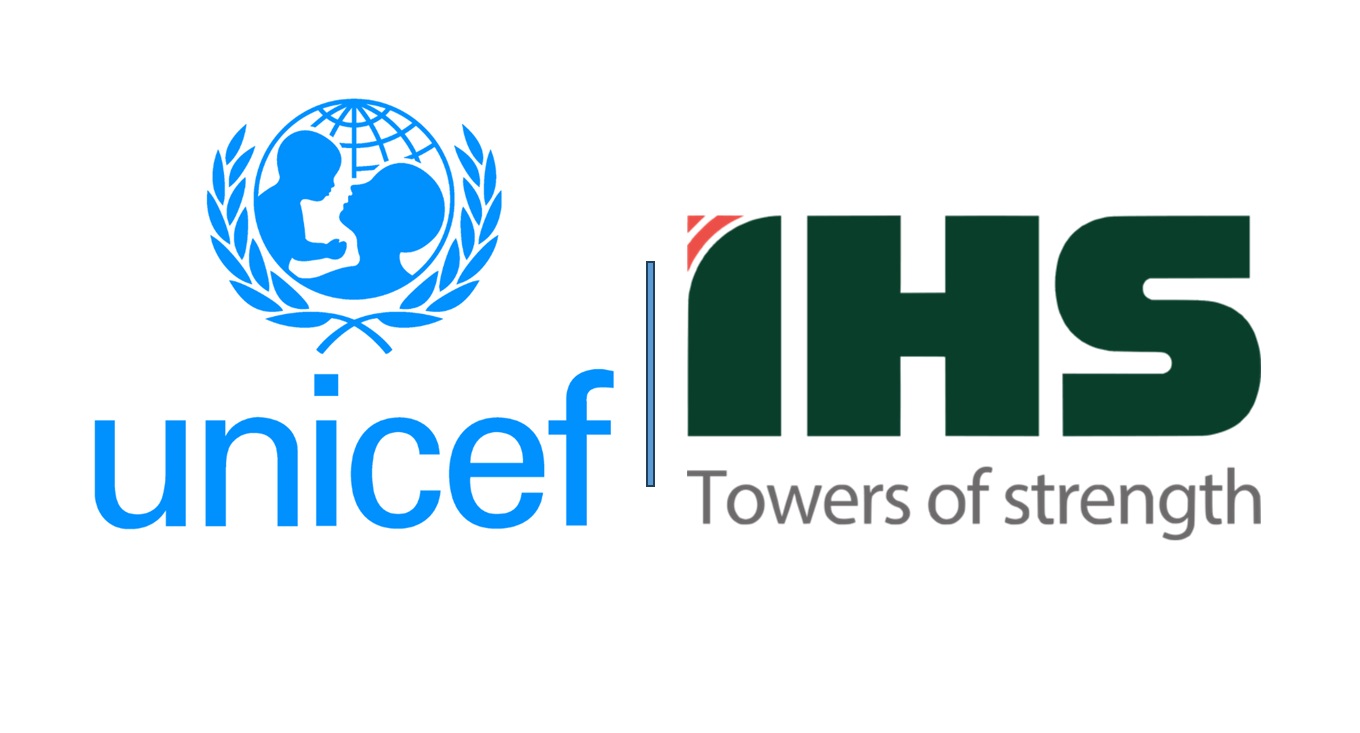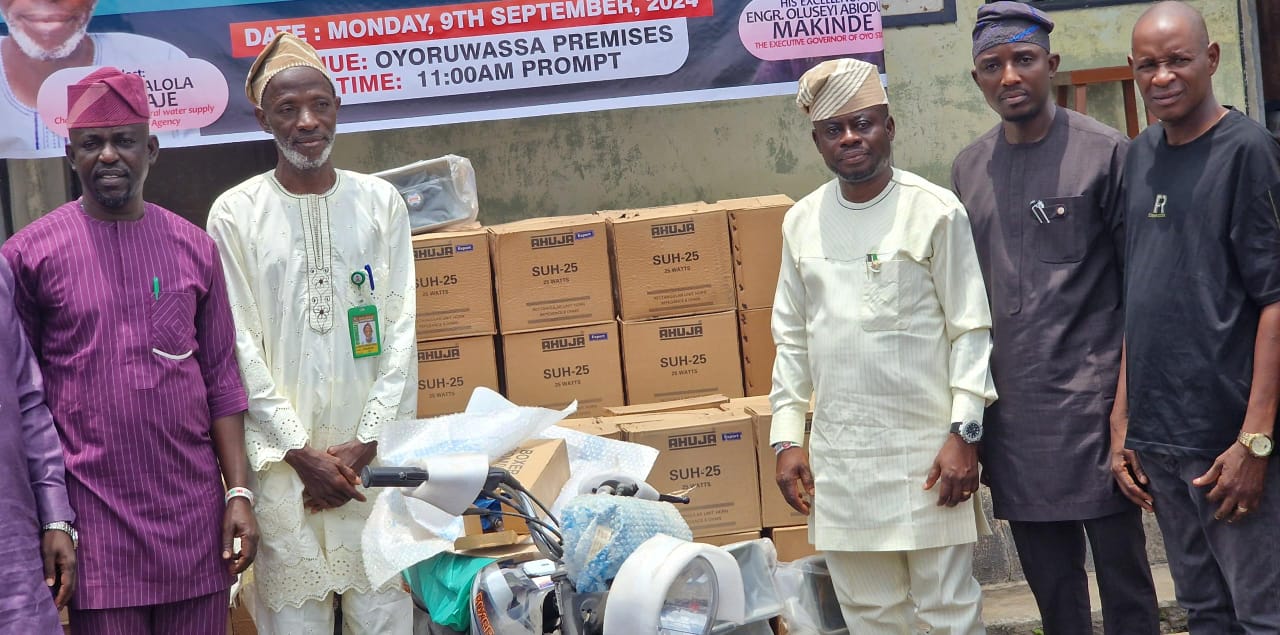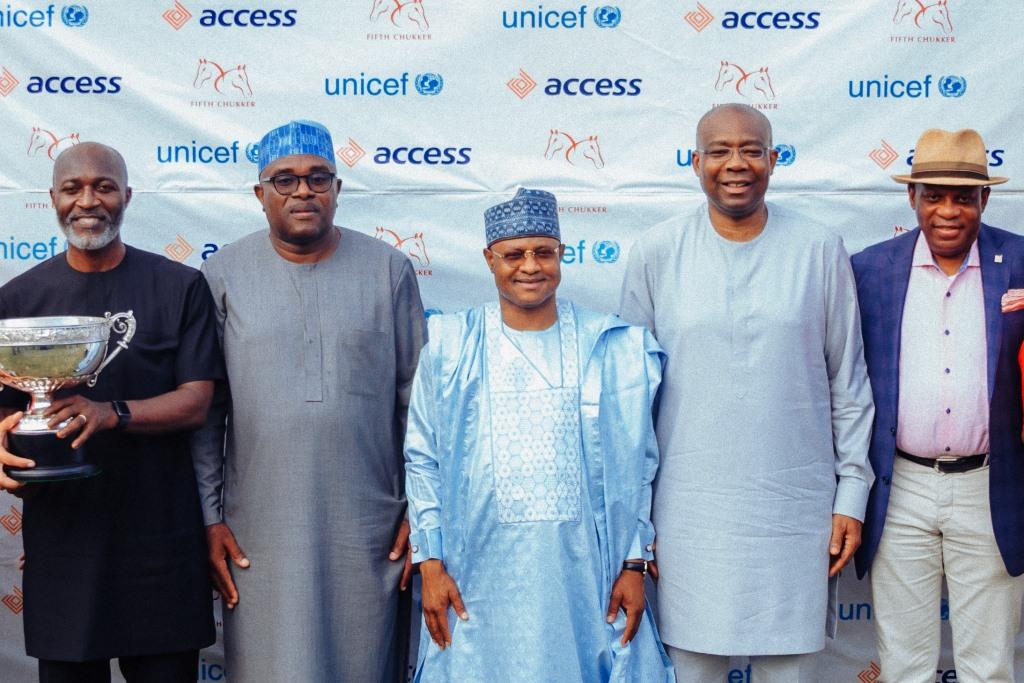General
Beckham Features In Movie to End Violence Against Children
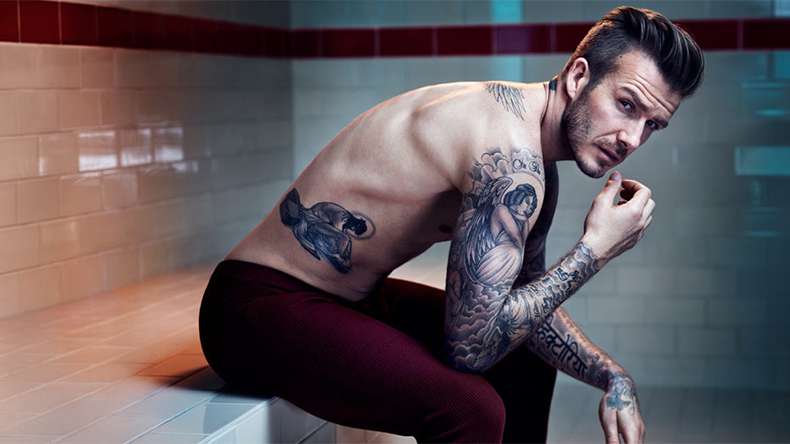

By Modupe Gbadeyanka
A powerful new film featuring UNICEF Goodwill Ambassador, Mr David Beckham, has been released today to illustrate the brutal reality that physical and psychological abuse can mark children forever.
During the new 60-second UNICEF film, scenes of violence against children appear as animated tattoos on David Beckham’s body.
While Beckham’s own tattoos were marks chosen to represent happy or important memories, millions of children bear marks they have not chosen: the long-lasting scars of violence and abuse.
The animations in the film depict all too common forms of violence that boys and girls endure in spaces where they should be safe – their homes, schools, online and in their communities.
From today, the South African television channel, SuperSport, a partner of UNICEF South Africa, will be broadcasting the short film for a two-month period to 10 million families throughout Africa.
Beckham said: “When I launched my 7 Fund with UNICEF, I made a commitment to do everything I can to make the world a safer place for children and to speak out on issues that are having a devastating impact on children’s lives.
“One of those issues is violence. Every five minutes, somewhere in the world, a child dies from violence. Millions more are in danger of physical, emotional and sexual abuse that could destroy their childhoods forever.
“Last year I visited Cambodia with UNICEF where I met and listened to children tell me about terrible violence they have experienced. I was shocked by what I heard and I saw how violence can leave deep and lasting scars.
“No child should have to endure this. Yet in all corners of the world, in their homes, schools and on their streets, children are suffering similar violence. I hope this new project will draw attention to this urgent issue and inspire action. Violence against children is wrong and together we need to end it.”
Using U-report, a messaging tool that allows young people to report on issues affecting their lives, David Beckham invited youth to answer questions on violence against children.
More than 190,000 “U-Reporters” from 22 countries responded. Two-thirds of them said that they have personally experienced physical or verbal abuse or know somebody else who has. When asked who they think commits violence most often, one-third said police or law enforcement, 29 per cent said their peers, 28 per cent said a parent or caregiver and 9 per cent said teachers.
Approximately 80,000 U-Reporters provided suggestions on what can be done to address violence in their communities. A 24-year old U-Reporter from the Philippines said, “I will let my voice be heard and warn all people around me on what is happening, and ask for someone’s help to end it if I cannot do it alone.”
The tragic consequences of violence affect all aspects of a child’s life and can be passed down from one generation to the next. Violence against children carries serious costs to all societies in every region of the world.
“Violence and abuse take a terrible toll on children’s lives and futures — harming their bodies, undermining their emotional wellbeing, even interfering with the healthy development of their brains,” said UNICEF Executive Director Anthony Lake. “When we protect children from violence, we prevent individual tragedies — and promote stronger, more stable societies. Thanks to powerful advocates like David Beckham, and fueled by the voices of children and young people themselves, we are building momentum for ending violence against children everywhere.”
Violence is not inevitable. UNICEF points to seven proven strategies that can help end violence against children. These include strengthening attitudes that support non-violence; enforcing laws; creating safe environments for children; supporting parents and caregivers; increasing family incomes to reduce poverty; strengthening social services and equipping children with life-skills.
David Beckham and UNICEF are urging people to share the new film on social media platforms.
After 10 years as a UNICEF Goodwill Ambassador, David Beckham launched 7: The David Beckham UNICEF Fund in February 2015, making a commitment to helping the world’s most vulnerable children. Later that year, Beckham visited Cambodia where he met children who had suffered violence and abuse. Moved by the stories he heard, Beckham subsequently attended the United Nations and called on world leaders to put children, especially the most disadvantaged, at the centre of the new Sustainable Development Goals.
General
NIMASA Rallies Stakeholders’ to Develop National Action Plan

By Adedapo Adesanya
The Nigerian Maritime Administration and Safety Agency (NIMASA) has pledged its commitment to provide the regulatory leadership, technical coordination, and stakeholder engagement required to successfully develop and implement a robust National Action Plan on maritime decarbonization in Nigeria.
The Director General of the agency, Mr Dayo Mobereola, made this known during the National Stakeholders’ workshop on the development of a National Maritime Decarbonization Action Plan, further describing the workshop as a critical step in actualising the Federal Government’s blue economy and climate objectives.
Represented by the Executive Director, Operations, Mr Fatai Taiye Adeyemi, the NIMASA DG underscored the significance of the IMO GreenVoyage2050 Project, a technical cooperation initiative /designed to support developing countries in implementing the IMO GHG Strategy.
According to him, the National Action Plan being developed will reflect national realities, leverage existing capacities, address identified gaps, and align with broader economic and environmental priorities of the federal government.
Mr Mobereola stressed that “this transition is not merely about compliance with international obligations, it is about safeguarding our marine environment, protecting public health, strengthening the blue economy, and ensuring that our maritime industry remains competitive and future-ready”, the DG said.
Also speaking at the event was the Technical Manager of the IMO GreenVoyage2050 Project, Ms Astrid Dispert, who highlighted that the overarching objective of the initiative is to advance a coherent and globally aligned regulatory framework to accelerate maritime decarbonization.
She also emphasised that NIMASA plays a pivotal role in driving the project at the national level.
The IMO GreenVoyage2050 Project provides technical expertise and institutional support to assist countries in developing and implementing National Action Plans that promote sustainable shipping practices, encourage investment in clean technologies, and strengthen capacity for long-term emissions reduction.
Through this collaboration, the federal government is advancing deliberate steps towards maritime decarbonization, reinforcing its commitment to global climate goals and ensuring a cleaner, greener, and more sustainable future for the sector.
General
BPP Mandates Digital Submission for MDAs From March 1

By Adedapo Adesanya
The Bureau of Public Procurement (BPP) has directed all Ministries, Departments and Agencies (MDAs) to comply with its digital submission process effective March 1.
The directive was contained in a circular signed by the Director-General of the Bureau, Mr Adebowale Adedokun, noting that the move was part of the bureau’s commitment to digital transformation and paperless governance.
It explained that the transition followed an earlier circular of Aug. 4, 2025, which introduced electronic submission procedures.
According to the bureau, it has successfully moved from physical filings to a dedicated e-mail service for document submissions and is now advancing to a more robust and integrated system.
The circular announced the inauguration of the BPP Digital Submission Portal, a web-based platform designed to enable MDAs submit procurement-related documents directly to the Bureau.
It stated that the automated platform would streamline the submission process, enhance transparency and ensure accelerated tracking of procurement-related documents and petitions.
“With effect from March 1, all MDAs will be required to use the portal to submit requests for ‘No Objection’ Certificates, approvals for ‘No Objection’ for special procurements, clarifications and status updates on submissions,” the bureau said.
It added that the portal would be hosted on the Bureau’s official website and would become fully operational from the effective date.
The bureau warned that physical submissions or manual hand-deliveries would no longer be prioritised and would eventually be rejected following the full transition to the digital platform.
It urged accounting officers to brief their procurement departments and ICT units on the development to ensure seamless processing of procurement activities from March 1.
It further advised MDAs to contact the Bureau via its official email for information on the onboarding process and integration into the portal.
The bureau emphasised that full compliance by all MDAs was required to ensure a smooth transition and avoid delays in the implementation of the 2026 fiscal year procurement processes.
General
Senate Seeks Removal of CAC Boss Hussaini Magaji
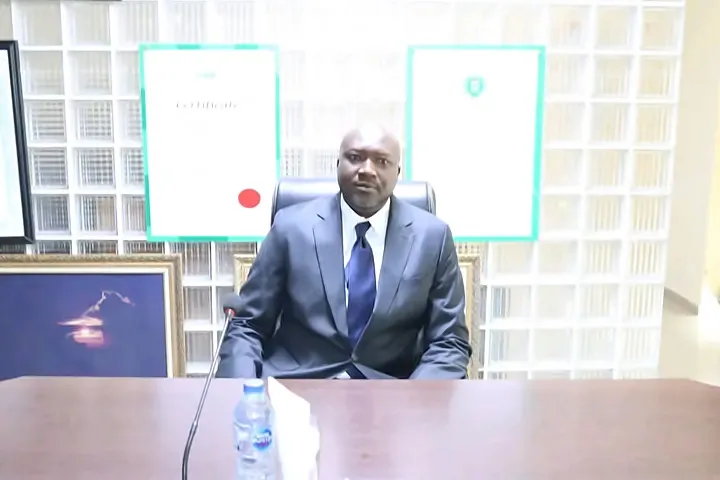
By Adedapo Adesanya
The Senate has asked President Bola Tinubu to remove the Registrar General of the Corporate Affairs Commission (CAC), Mr Hussaini Ishaq Magaji, from office.
The Senate Committee on Finance, while passing a resolution in Abuja on Thursday, accused Mr Magaji, a Senior Advocate of Nigeria (SAN), of failing to honour the Senate’s invitations to account for the finances of his agency.
“He refused on so many occasions to honour our invitation to appear before this committee.
“We have issues with the reconciliation of the revenue of CAC.
“Each time we invite him, he gives us excuses,” the Chairman of the committee, Mr Sani Musa, said as the committee passed the resolution.
CAC was part of a group of agencies that the House of Representatives Public Accounts Committee (PAC) recommended zero allocation for the year 2026, for allegedly failing to account for public funds appropriated to them.
The committee, at an investigative hearing held two weeks ago, accused CAC and some other ministries, departments and agencies (MDAs) of shunning invitations to respond to audit queries contained in the Auditor-General for the Federation’s annual reports for 2020, 2021 and 2022.
The PAC chairman, Mr Bamidele Salam, stated that the National Assembly should not continue to appropriate public funds to institutions that disregard accountability mechanisms, saying this will create fiscal discipline and strengthen transparency across federal institutions and conform with extant financial regulations and the oversight powers of the parliament.
“Public funds are held in trust for the Nigerian people. Any agency that fails to account for previous allocations, refuses to submit audited accounts, or ignores legislative summons cannot, in good conscience, expect fresh budgetary provisions. Accountability is not optional; it is a constitutional obligation,” he said.
-

 Feature/OPED6 years ago
Feature/OPED6 years agoDavos was Different this year
-
Travel/Tourism10 years ago
Lagos Seals Western Lodge Hotel In Ikorodu
-

 Showbiz3 years ago
Showbiz3 years agoEstranged Lover Releases Videos of Empress Njamah Bathing
-

 Banking8 years ago
Banking8 years agoSort Codes of GTBank Branches in Nigeria
-

 Economy3 years ago
Economy3 years agoSubsidy Removal: CNG at N130 Per Litre Cheaper Than Petrol—IPMAN
-

 Banking3 years ago
Banking3 years agoSort Codes of UBA Branches in Nigeria
-

 Banking3 years ago
Banking3 years agoFirst Bank Announces Planned Downtime
-

 Sports3 years ago
Sports3 years agoHighest Paid Nigerian Footballer – How Much Do Nigerian Footballers Earn






